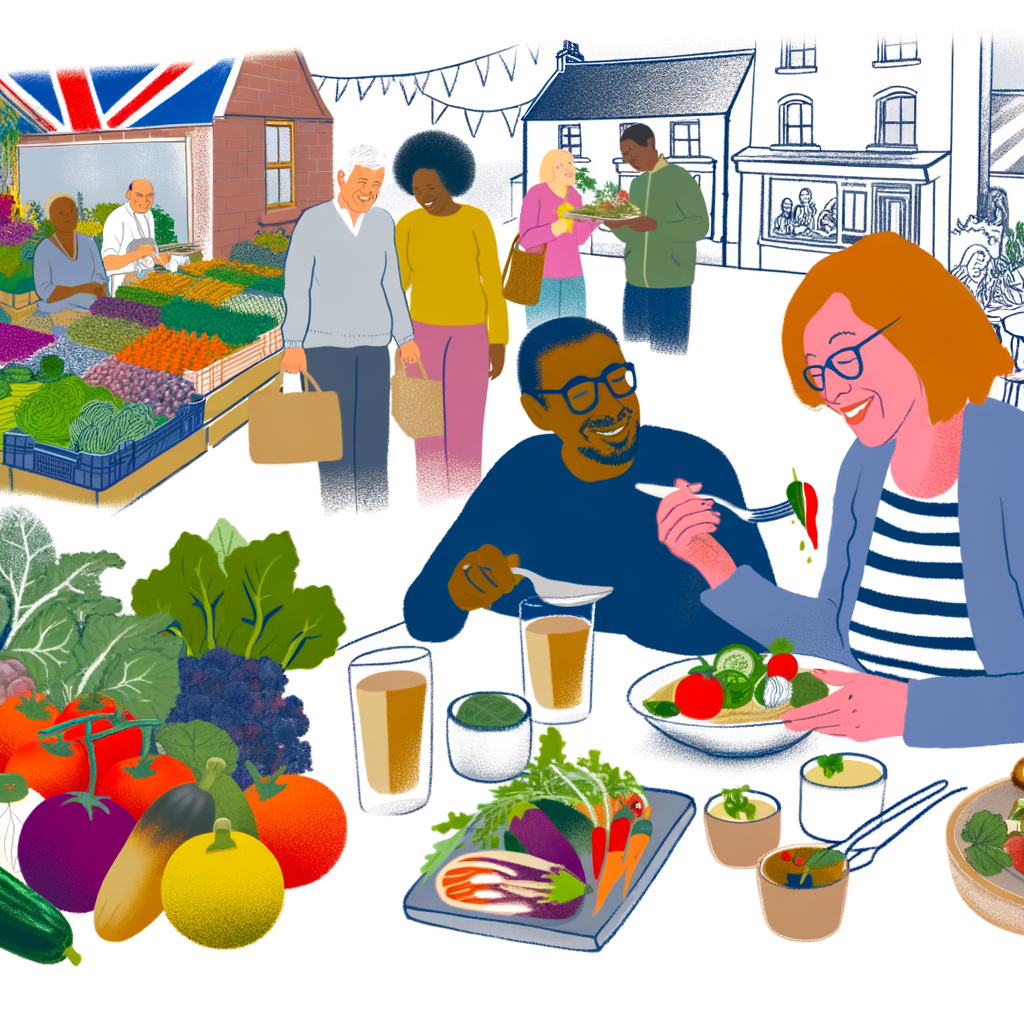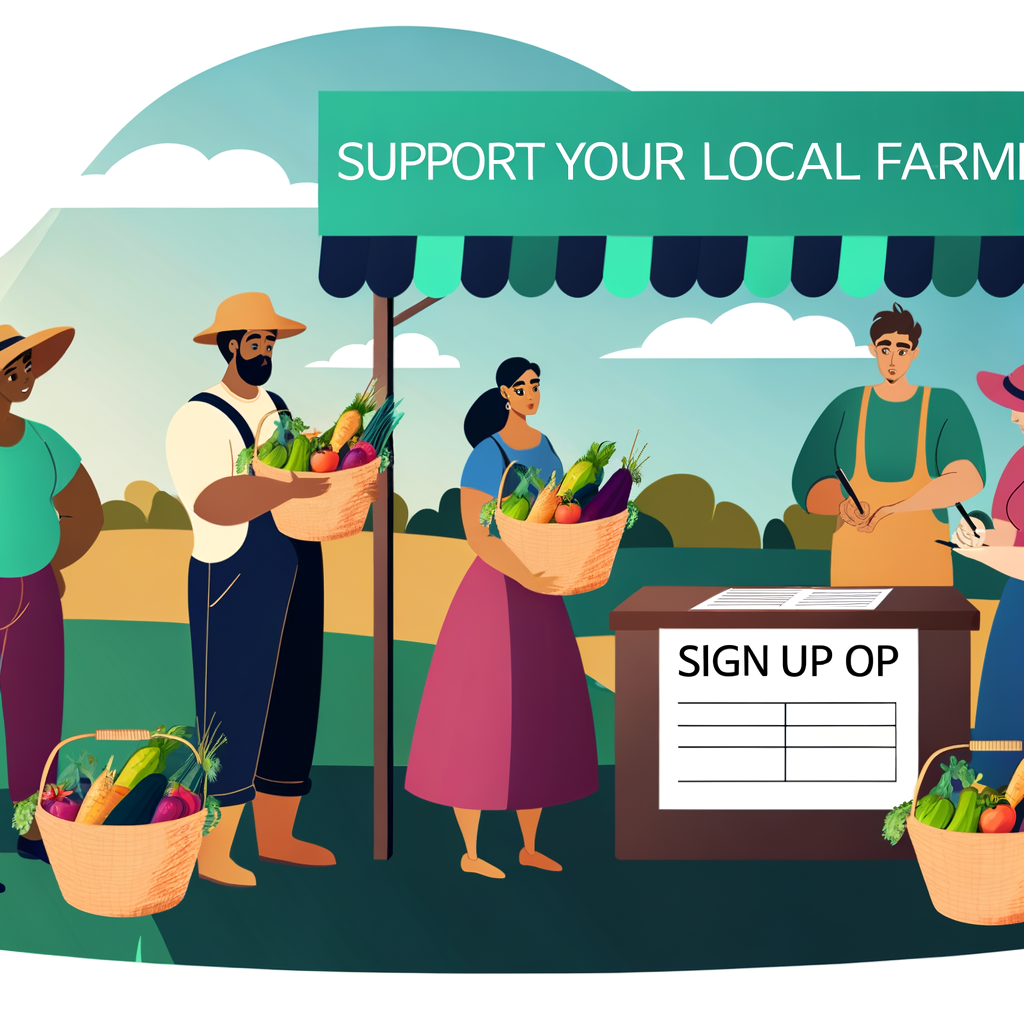When it comes to British cuisine, there is no denying the rich history and diverse flavors that make up this unique food culture. However, as we continue to evolve and adapt, it is important to not only celebrate our traditional dishes but also embrace the modern approach to food production and consumption. This is where the concept of Farm-to-Table comes in. Farm-to-Table, also known as Farm-to-Fork, is a movement that focuses on connecting local farmers and consumers to promote sustainable and ethical food practices. One aspect of this movement that is gaining popularity is Community-Supported Agriculture (CSA). CSA allows consumers to have direct access to locally grown produce by purchasing a share of a farm’s harvest. Not only does this support local farmers, but it also ensures that consumers are receiving fresh and seasonal produce. CSA also promotes a sense of community, as consumers have the opportunity to get to know the farmers who are growing their food. This not only creates a stronger connection to the food we eat, but it also helps to build a more sustainable and resilient food system. As an expert chef, I have seen the impact of Farm-to-Table and CSA firsthand. By utilizing locally sourced ingredients, I am able to create dishes that not only showcase the flavors of British cuisine but also support the local community. And as we continue to face challenges in the food industry, it is important that we continue to prioritize ethical and sustainable practices. So next time you sit down to enjoy a meal, remember the impact of Farm-to-Table and the role of Community-Supported Agriculture in shaping the future of British food culture.





